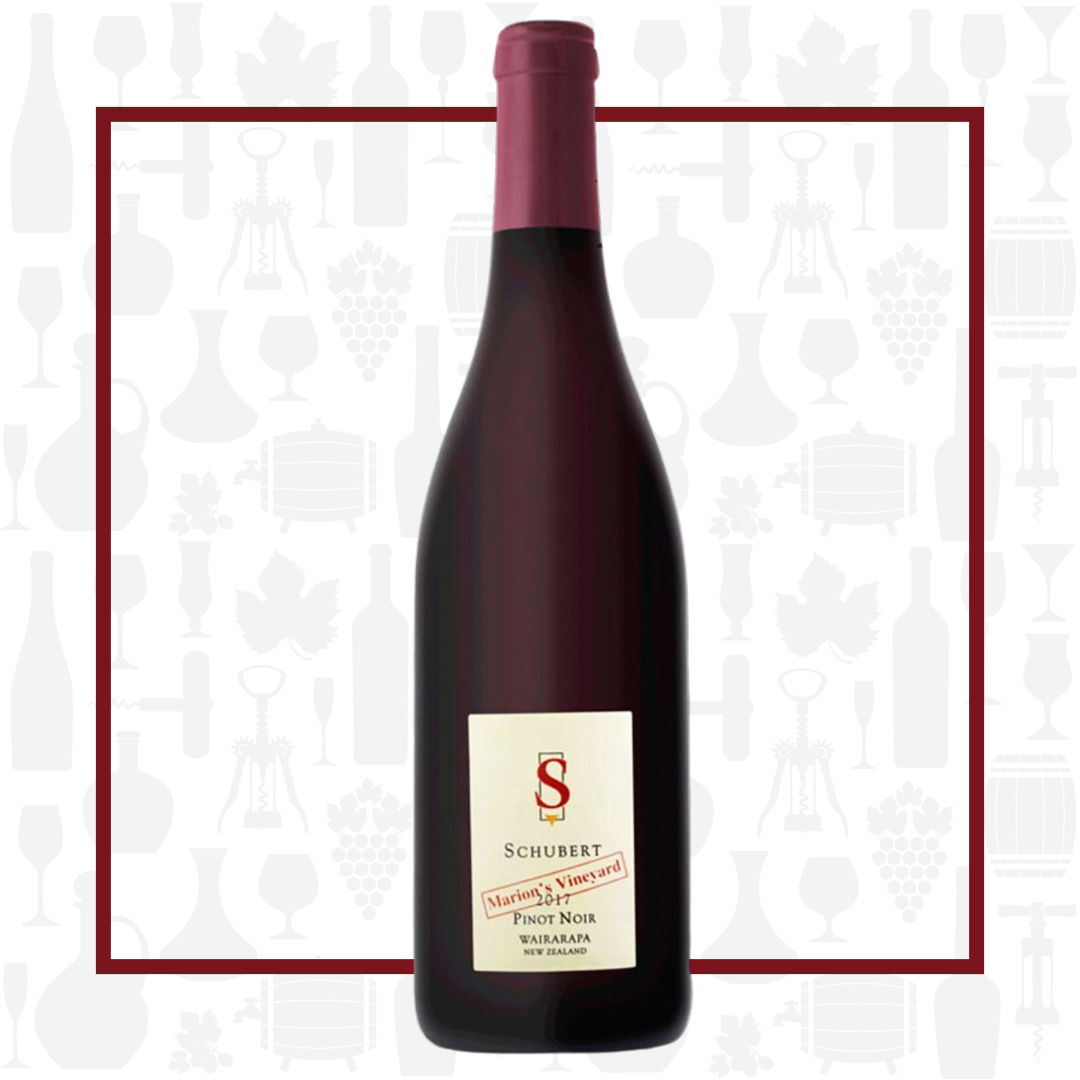Cellar Profile
Kai Schubert and Marion Deimling, both Geisenheim University Viticulture & Oenology graduates from Germany, established Schubert Wines in 1998. Having worked with winemakers like Erni Loosen of Dr. Loosen Estate, Bernkastel in Germany as well as in various vineyards across the world, their dream had always been to set off around the world in search of the ideal place to plant and produce their true passion – Pinot Noir. They travelled through Oregon, California, Australia and parts of Europe, but it wasn’t until arriving in Martinborough in the Wairarapa province of New Zealand that Kai and Marion felt they had found what they were looking for. In the spring of 1998, they acquired a small established vineyard in Martinborough and 40 hectares of bare land just north of Martinborough, at Dakins Road, followed by plantings from scratch in 1999 and 2000. Schubert’s philosophy is to craft wines of uncompromising quality that would stand out alongside the finest in the world. 14 hectares of wines are closely planted in the traditional, European style and the unique climate produces low yields. As a result they have been quick to capture the attention of connoisseurs and critics alike for their alluring, internationally award-winning wines of outstanding character, complexity, balance and grace. 90% of the production is exported to 36 countries.
Region
An hour’s drive from New Zealand’s capital city of Wellington, at the southeastern tip of the North Island, lies Wairarapa, synonymous for many people with its famous sub- region, Martinborough. Home to 4% of New Zealand’s vines but 11% of its winemakers, Wairarapa’s estates tend to be small-scale and quality-obsessed. Low yields are the norm and exciting wines are the result – it is undoubtedly the North Island’s most exciting area for Pinot Noir, and a friendly rivalry exists between Martinborough and Central Otago in the south. The mountain range to the west creates a natural rain shadow making Wairarapa the driest region on the North Island. The wind is wicked and the climate harsh, resulting in small berries, thick skins and naturally low yields. The wines are vivid and pure, sometimes hedonistic. Thankfully, balance and subtlety is maintained due to the region possessing New Zealand’s largest diurnal temperature variation.
Vineyard
The East Taratahi, or “Marion’s Vineyard”, sits on alluvial soil over top of ancient river gravel. These well-drained soils, as well as the climate, planting density and crop care, give extremely reduced yields of top quality grapes. Planted predominantly with Dijon clones of Pinot Noir, there are small plantings in advantageous sites of Syrah, Sauvignon Blanc and Pinot Gris.
Winemaking
Hand-harvested and de-stemmed. Fermentation took place in temperature-controlled stainless steel, with a 3 week maceration on the skins. After fermentation, the wines are racked into French oak (35% new) barriques for a year of aging.
Varieties
Pinot Noir—chiefly associated with the Burgundy region of France— is grown around the world, mostly in cooler climates. The grape’s tendency to produce tightly packed clusters makes it susceptible to several viticultural hazards involving rot that require diligent canopy management. When young, wines made from Pinot Noir tend to have red fruit aromas of cherries, raspberries and strawberries. As the wine ages, Pinot has the potential to develop more vegetal and earthy aromas that can contribute to the complexity of the wine. Thin skins and low levels of phenolic compounds lend Pinot to producing mostly lightly coloured, medium-bodied and low-tannin wines that can often go through phases of uneven and unpredictable aging.
Tasting Notes
Bright red fruits on the nose—cherry, raspberry and red currant—along with baking spices and earth. On the palate, ripe and round, with zesty acidity and a touch of tannic balance. The red fruits continue, along with the baking spices, particularly cinnamon. There is earthiness and hints of herbs as well. This is a modern-styled Pinot Noir, accessible and easy drinking, but with more than enough complexity for contemplation.

